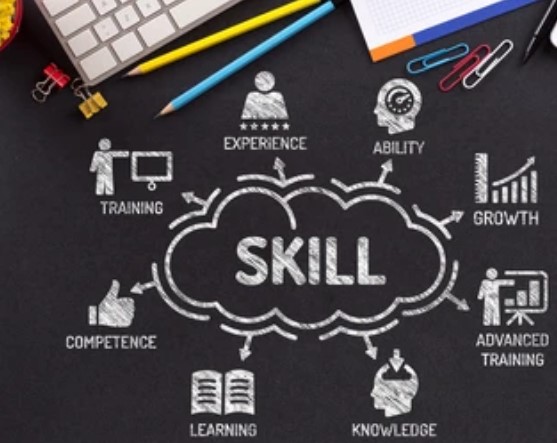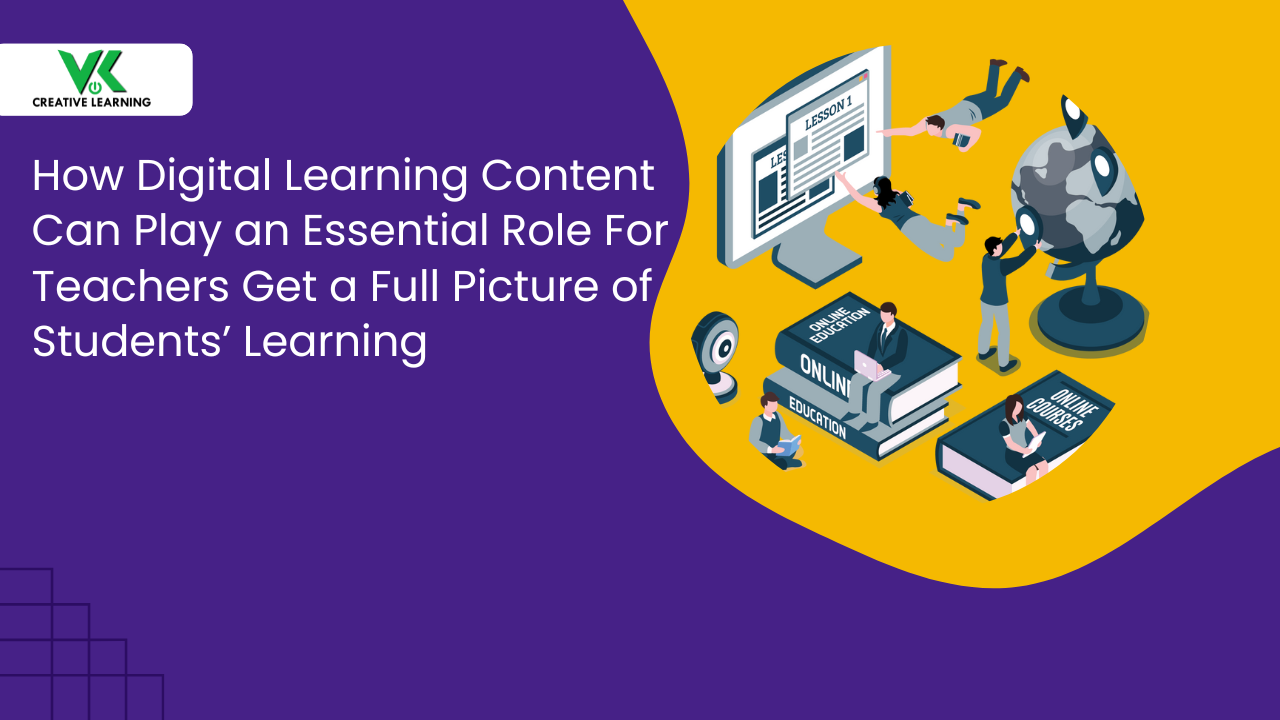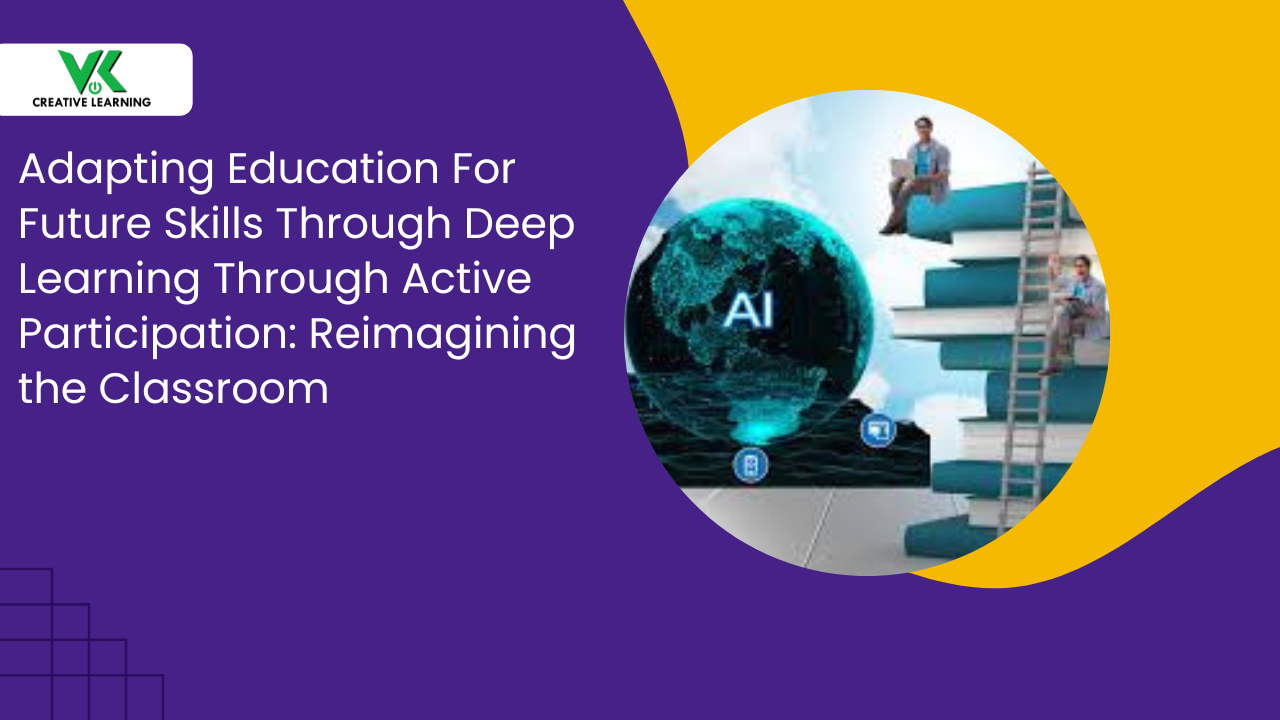Techniques to Incorporate in an eLearning Program to Drive Employee Skill Development
October 04, 2022
For a company to grow at a fast pace, it is necessary that its employees possess essential skills such as problem-solving capabilities, industry-based knowledge, and other required skills related to everyday workplace activities. In fact, even when new employees are recruited, they should be trained in such a way that they acquire necessary knowledge of day-to-day working of the workplace.
Unfortunately, this is not the case in most companies where scant regard is given to knowledge and application. Depending on the situation, skills required for daily life may vary every day and new techniques used to solve a different type of problem of a workplace are not considered adequately.
This is how a gap surfaces between the training offered and the actual requirements of training. To elaborate, L&D teams develop eLearning materials and programs in a variety of forms and modalities. However, little effort is expended to determine if these learning programs assist employees in dealing with everyday problems and enhancing their performance. For instance, it is typical for corporate L&D teams to subject new recruits to hours of training that do not necessarily equip them to be aligned with their position.
On the same lines, skill development or reskilling training programs should be assessed by seniors regularly. For example, an eLearning training program may take place without any means to monitor performance change after training. In addition, a majority of eLearning modules may lack the practice and feedback loops necessary for genuine knowledge and skill gain. Therefore, it is difficult to properly employ the needed knowledge on the job since managers and higher team management do not follow them up.
Factors to consider while designing eLearning solutions for continued skill development of employees
The techniques outlined below may be used to design an eLearning solution that facilitates employee skill development.
- Application-based learning: The goals of an eLearning solution should be developed on the following process of learning: recall, comprehension, application, analysis, evaluation, and improvement. It is not sufficient for professionals to just memorize new information; they must also comprehend it. After comprehension comes application. Once an individual is able to apply new information, he is able to examine outcomes and assess its effectiveness. This results in their developing the capacity to devise novel and inventive means of achieving their desired objectives more efficiently.
- Coordinate skills training initiatives with enterprise-wide goals: The employees should be trained based on the overall goals of the company. If training lacks outcome and is not oriented with the overall objectives of the company’s growth, it may not serve its purpose.
- The training should stress on inculcating the habit of using the learned knowledge in the workplace: Unless the employees are trained in such a way that they will have to use the learned knowledge, acquired during the training session, the training session may not be of any use. This is very important because the actual motive behind providing training is to make the trainees acquainted with new knowledge which should boost the overall productivity of a company.
- Frequent and consistent feedback and coaching: Mentoring and feedback are crucial for learning to be successful. If employees are not trained by more experienced peers and upper management, they will be unaware of the mistakes made.
- Evaluating the effectiveness of an eLearning training program: For employee skill development programs that are actually successful, evaluation of the learning outcomes is indispensable. This may be accomplished by assessing an employee's performance after completion of the training program. Consequently, it is vital to continue assessing the efficacy of learning in order to iterate and enhance learning methodologies adopted during a training program.
Summing up:
Problem-solving knowledge and skills along with critical thinking and real-life application of the learned knowledge during the training are necessary for an employee to be most productive for a company.
VK Creative Learning is one of the pioneers when it comes to the development of eLearning solutions that are designed, keeping the above aspects in consideration. It has helped many companies to build custom-based eLearning programs, which have helped their employees to perform as per the expectation of the company.



